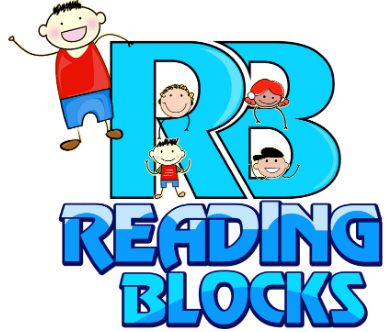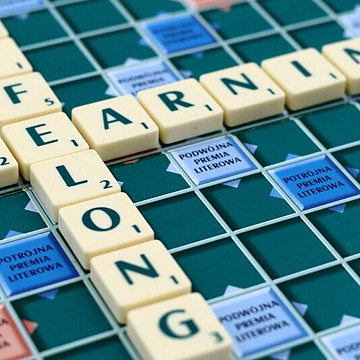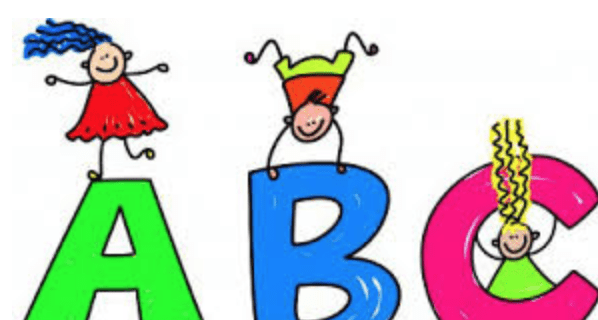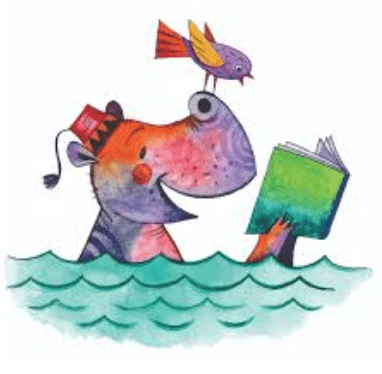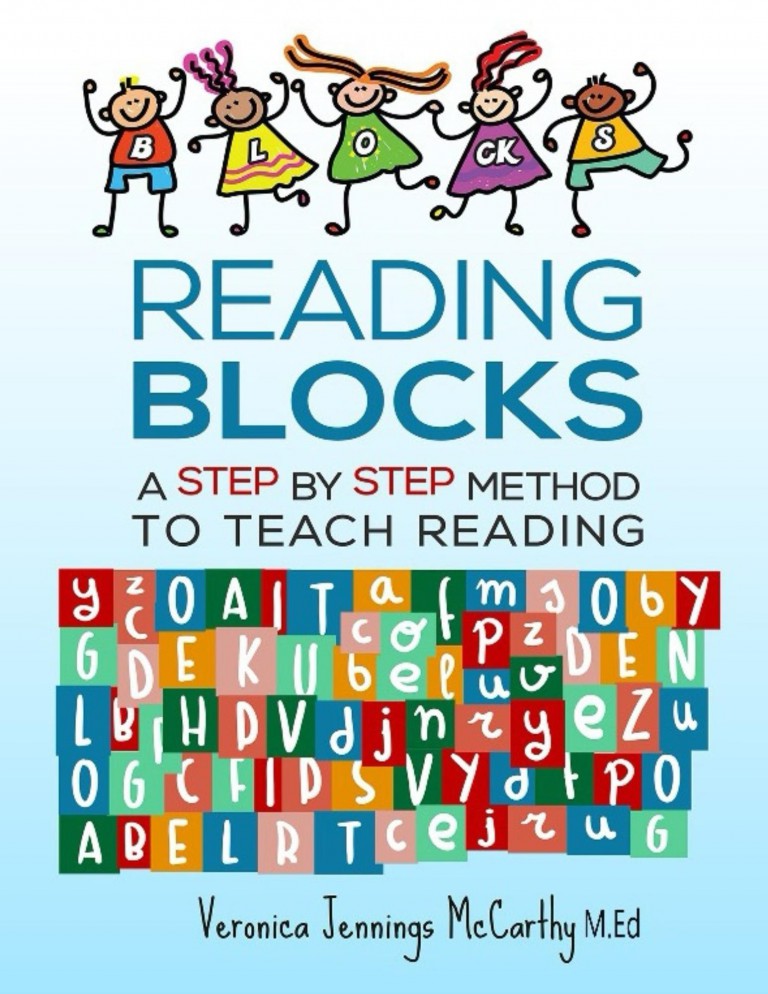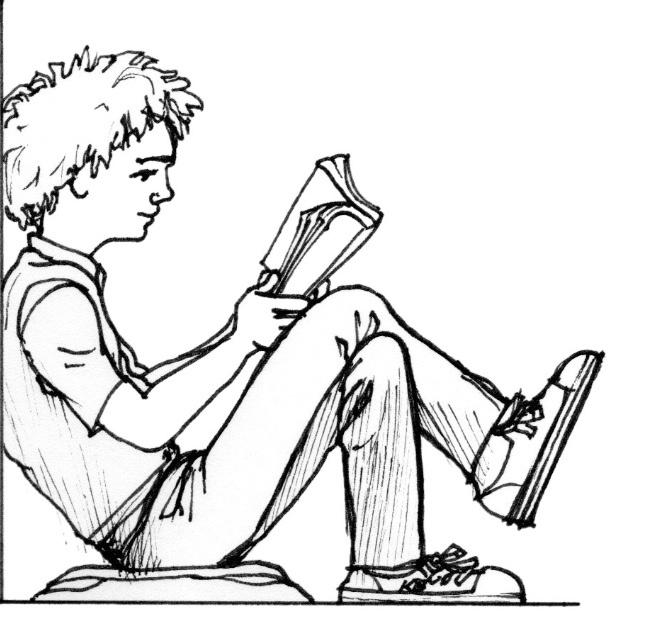Increasing Vocabulary Skills Gives Your Child Tools to Excel In School and In Life
Imagine your child expressing thoughts with ease and understanding complex ideas without a hitch. That’s a direct result of increasing vocabulary skills in your child. It’s not just about acing spelling bees; it’s about giving kids the tools to thrive in communication and learning. I’m going to walk you through why building a robust vocabulary is so crucial during childhood. This isn’t just about academic success; it’s also about social interaction and cognitive development.
So, what’s the deal with vocabulary growth in kids? It’s basically the foundation upon which communication skills are built. By the end of this journey, you’ll have a toolkit brimming with ideas, from the tried-and-true to the latest techniques, to help your children articulate their world with confidence. And don’t worry too much about finding ‘the perfect method.’ I’m here to help you with a blend of approaches that you can tailor to your child’s unique needs and interests.
First I will talk about games you can play with your child that makes learning new vocabulary words effortless and fun. Then I will discuss professional vocabulary programs proven to increase vocabulary skills. Finally, I will outline some of the myriad activities you can include into your daily activities that will give your child an enormous vocabulary leap.

Increasing Vocabulary Skills Affects Cognitive Development
Vocabulary skills play a pivotal role in a child’s cognitive development, influencing their communication abilities, academic performance, and overall cognitive prowess. As children progress through their formative years, a rich and expansive vocabulary becomes a valuable asset that opens doors to enhanced expression, comprehension, and critical thinking. In this essay, we will explore the significance of increasing vocabulary skills in children, followed by a comprehensive guide comprising engaging games, step-by-step programs, and practical approaches for parents to foster linguistic growth in their little ones.

The Importance of Increasing Vocabulary Skills
Before delving into the strategies to boost vocabulary skills in children, it’s crucial to understand why this aspect of language development is so essential. A robust vocabulary empowers children to articulate their thoughts with precision and clarity, fostering effective communication. A well-developed vocabulary is closely linked to academic success, higher standardized test scores, aids in comprehension in various subjects and facilitates advanced language learning.
Increasing vocabulary skills is instrumental in shaping a child’s social interactions. Children with an extensive vocabulary find it easier to connect with peers, express emotions, and navigate social situations confidently. As they progress through school and later in life, a strong vocabulary becomes a tool for success, influencing their ability to comprehend complex texts, excel in written assignments, and succeed in various professional endeavors.

Games for Increasing Vocabulary Skills Effortlessly
Now that we’ve established the significance of increasing vocabulary skills, let’s first explore engaging games designed to make the process of learning new words fun for children:
- Word Bingo:
- Engage children in a game of bingo where they match words to their corresponding images. This not only enhances vocabulary but also reinforces word-image associations. Everyone loves Bingo! My family loves it even more when we play for money. I found my kids were way more invested in the game when there was a chance to win the money pot. You don’t have to use money. You can use small prizes that everyone likes.
- Scrabble Junior:
- Introduce children to the classic game of Scrabble, adapted for their age group. This game encourages strategic thinking and word formation, making learning an interactive experience. Make sure you have a dictionary. We had many “strong discussions” about whether something was a real word or not. Decide ahead of time how you will resolve that issue.
- Word Teasers: Vocabulary Flash Cards:
- Kids can use these vocabulary flashcards and conversation starters to increase their vocabulary skills while having fun.
- Story Cubes:
- Use story cubes with images on each side. Children roll the cubes and create a story using the images, incorporating new words into their narratives. This is a great game! I add a writing component as well. Each player can write and illustrate their story in a mini notebook and then share their favorite version at the end of the game.
- Vocabulary Charades:
- Incorporate charades into vocabulary building by having children act out the meaning of a word without speaking, challenging their creativity and understanding of language. Always a hit! Can be done with just the two of you or a whole group.
- Rhyme Time:
- Make rhyming games a regular activity. This not only enhances vocabulary but also improves phonemic awareness, a crucial skill for early literacy. A great game when driving in the car. Use items you see as you drive past and just change the first sound.
- Word Puzzles:
- Create word puzzles or crosswords tailored to the child’s age and learning level. This fosters problem-solving skills while expanding their vocabulary. You can use a program online and enter the words you want to use. A puzzle is automatically made for you. Here is one example; https://puzzlemaker.discoveryeducation.com/word-search where you can build many different word games using your own words. I love this!
- Dictionary Detective:
- Encourage children to explore a child-friendly dictionary to find and learn new words. This game promotes independent learning and curiosity about language. The key to this activity is have the book out at all times. For example, have the book in the kitchen and the child reads you a few new words before dinner every night. Or read a few before bed every night. Consistency is what works and is also the challenge.
- Vocabulary Building Apps:
- Utilize educational apps designed to enhance vocabulary skills. Many apps incorporate gamified learning experiences that captivate children’s attention while promoting word acquisition.
- Memory Match:
- Create a memory matching game using cards with words and corresponding definitions. This activity enhances both memory and vocabulary.
- Alphabet Scavenger Hunt:
- Turn learning into an adventure by organizing alphabet scavenger hunts. Children search for items that start with each letter, expanding their vocabulary in a playful manner.
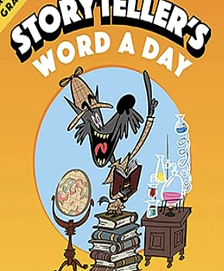
Structured Programs for Increasing Vocabulary Skills Systematically
Next, in addition to informal games, structured programs have proven to be effective in increasing vocabulary skills in children. These professionally designed programs offer structured approaches to vocabulary development, incorporating a mix of interactive activities, assessments, and adaptability to cater to individual learning styles. When used in conjunction with the previously mentioned games and the daily approaches discussed next, these programs can contribute significantly to a child’s language acquisition, comprehension skills and all future success in school and out.
Here are seven step-by-step programs that parents and teachers can easily implement:
- Word-a-Day Challenge:
- Introduce a new word to your child every day. Discuss its meaning, usage, and encourage them to incorporate it into conversations or writings.
- Reading Comprehension Program:
- Implement a structured reading comprehension program that exposes children to a variety of texts. Discuss unfamiliar words, encouraging the use of context clues to deduce meanings helps in increasing vocabulary skills as well.
- Themed Word Weeks:
- Dedicate a week to a specific theme and explore related vocabulary. This focused approach allows for a deep dive into a particular subject, enriching the child’s word bank.
- Vocabulary Journal:
- Create a vocabulary journal where children can jot down new words, their meanings, and use them in sentences. This serves as a personalized reference guide.
- Word Root Exploration:
- Teach children about word roots, prefixes, and suffixes. Understanding the building blocks of words equips them with tools for deciphering meanings independently.
- Words Their Way:
- This program is based on the concept of word study, emphasizing the exploration of word patterns and structures. It provides a hands-on and analytical approach to vocabulary development, making it suitable for children who benefit from a more in-depth understanding of word relationships.
- Wordly Wise:
- Great vocabulary builder! There are many levels to choose from.
Finally, parents can incorporate simple yet effective approaches into their daily routines which will consistently increase their child’s vocabulary skills. They are:
- Read Aloud Together:
- Make reading a shared activity. Reading aloud exposes children to diverse vocabulary, models proper pronunciation, and fosters a love for language.
- Daily Conversations:
- Engage in meaningful conversations with your child. Discuss their day, share stories, and encourage questions, creating opportunities for new words to naturally surface.
- Word of the Day:
- Select a “Word of the Day” as a family. Discuss its meaning, encourage its use, and celebrate when each family member incorporates it into daily conversations.
- Label Everyday Objects:
- Label household items with their names. This visual reinforcement helps children associate words with real-world objects.
- Word Games During Commutes:
- Utilize travel time to play word games like “I Spy” or come up with sentences using a specific letter, turning mundane moments into valuable learning opportunities.
- Cooking Vocabulary:
- Involve children in cooking activities, introducing them to culinary vocabulary. This hands-on approach makes learning fun and practical.
- Family Book Club:
- Establish a family book club where everyone reads the same book. Discussing the story not only promotes critical thinking but also introduces new words.
- Word Scramble Breakfast:
- Create a word scramble during breakfast, challenging your child to unscramble words related to the morning meal. This activity adds an element of play to the learning process.
- Educational TV Shows:
- Choose age-appropriate educational TV shows that emphasize vocabulary building. Discuss the episodes together, reinforcing the learned words.
- Encourage Writing:
- Provide opportunities for your child to write – be it journaling, storytelling, or creating poems. Writing exercises help solidify vocabulary in their memory.
- Vocabulary Word Wall
- Place a vocabulary word wall in the child’s bedroom where they can see it from their bed every night. You can say, “I’m thinking of a word that means (…) and they have to find which word you are thinking about on the word wall. Take turns who gives the definition and who gives the word.

Increasing vocabulary Skills in Children is a Multifaceted Endeavor
In conclusion, increasing vocabulary skills in children is a multifaceted endeavor that combines interactive games, structured programs, and daily practices. You can make it as easy or complicated as you want. Any of the activities you choose to do will benefit your child in the future.
As parents and teachers, we have the power to cultivate a love for language and equip our children with the linguistic tools they need for success. By incorporating these strategies into our interactions and routines, we embark on a journey to unlock the full potential of our children’s expressive and cognitive abilities, setting the stage for a lifetime of effective communication, academic achievement and a love for learning. This is what it’s all about!
Thanks for reading, and I’d love to hear about your experiences – leave your comments below.
